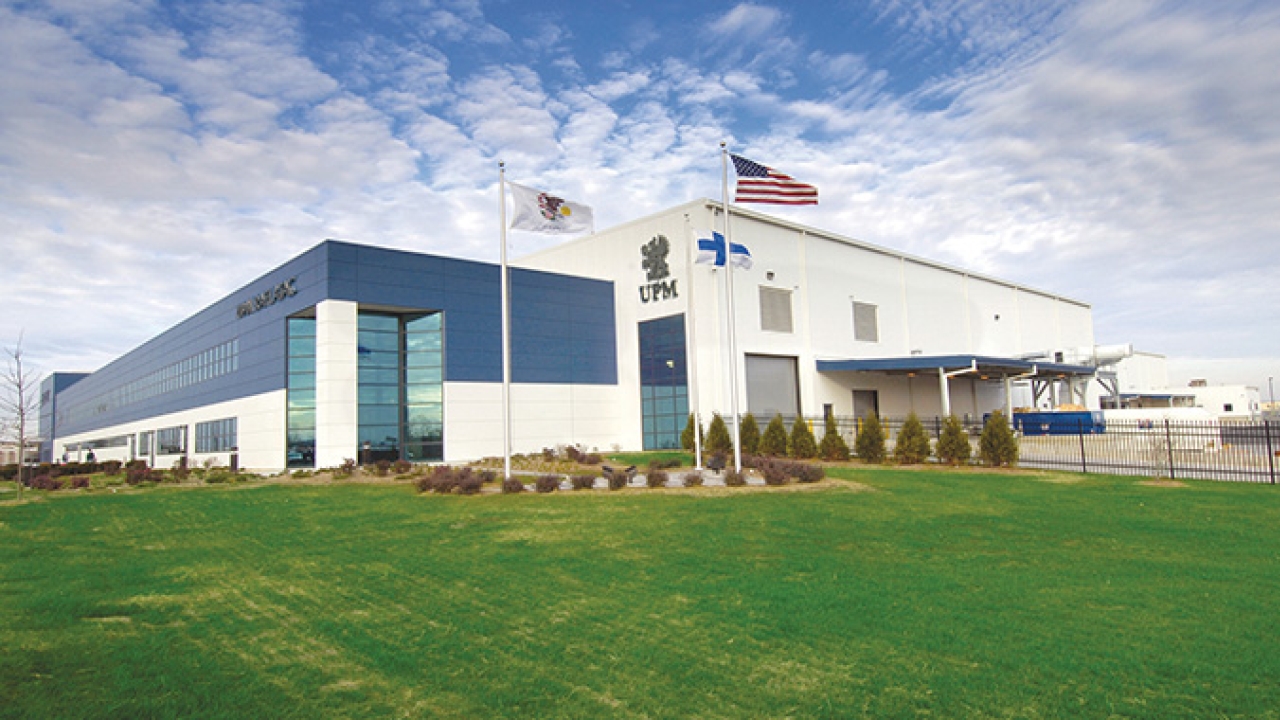UPM Raflatac marks three years of Biofore Site program
UPM Raflatac has successfully implemented its Biofore Site program in 10 factories worldwide, resulting in many improvements that help further cement the company’s sustainable labeling targets.

The Biofore Site concept includes a scorecard with approximately 40 performance measures mapped to the United Nations Sustainable Development Goals, which align with parent company UPM’s 2030 responsibility targets. The scorecard provides flexibility for UPM Raflatac’s factory teams to develop site-specific roadmaps for achieving their Biofore Site goals.
Filled out annually by each factory, the scorecards touch on standard sustainability measures like waste generation, energy consumption, and safety performance, and some not-so-conventional measures, like supplier sustainability performance, development opportunities for employees, engagement in community activities, and measures of diversity.
‘Customers, brand owners and suppliers want the assurance that they are working with responsible actors throughout their supply chains, and the Biofore Site concept is our company’s way of holding ourselves accountable and improving sustainability performance in line with our 2030 targets,’ said Robert Taylor, sustainability director at UPM Raflatac. ‘Biofore Site is unique in the pressure sensitive labeling industry and one great way of demonstrating why we are the partner of choice in labeling a smarter future.’
The factory teams completed their first scorecards in 2016 and will complete their 2020 scorecards at the end of the year. Since then, they have made substantial progress. Here are just a few of the major highlights:
- Four factories are currently landfill-free, and two others are nearly landfill-free.
- Four factories now operate with 100 percent renewably generated electricity. The Mills River factory in the US was the first manufacturing site in the state of North Carolina to operate with 100 percent renewable electricity.
- All 10 factories maintain third-party certified ISO 14001 Environmental Management Systems and ISO 9001 Quality Management Systems.
- Five factories so far are certified to the ISO 22000 Food Safety Management System.
Furthermore, UPM Raflatac teams have implemented several local projects, ranging from LED lighting retrofits to heat exchanger and waste shredder installations, to on-site beekeeping and waterway clean-ups. The Covid-19 global pandemic has limited the ability to do larger volunteer community projects this year.
‘Through these projects and ongoing dialogue with employees, we continue to develop a strong sustainability culture within our company,’ added Laura Cummings, UPM Raflatac’s director of health, safety, and environment. ‘A primary goal of the Biofore Site program is to make sustainability tangible for our employees.’
or reload the browser
Stay up to date
Subscribe to the free Label News newsletter and receive the latest content every week. We'll never share your email address.

